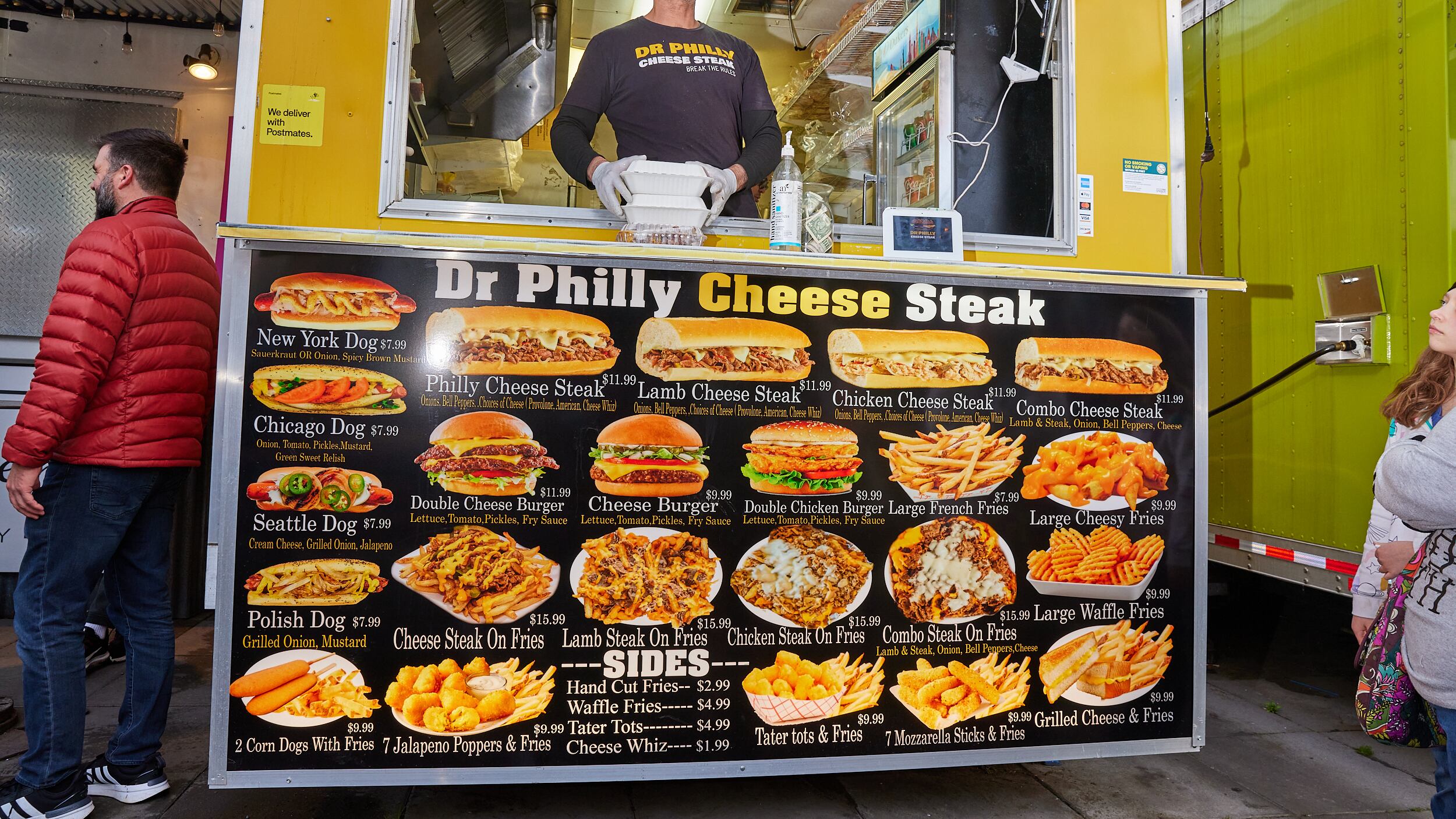Companies who lobby with city officials must track expenditures and document communications with governments. They’re required to report their dealings in Portland City Hall every three months. Last week, the latest lobbying reports came out showing efforts between April 1 and June 31.
Here are the top 11 spenders:
1. DoorDash: $36,000
Why? Because of a city ordinance put in place in 2020, and extended for an additional year in June, that caps food delivery services from charging more than a 10% commission on restaurants, bars, and food trucks and carts. (Some were known to charge as high as 30% of an order’s cost, a serious blow to restaurants already struggling from pandemic woes.) The company lobbied all of the city commissioners.
2. People for Portland: $20,000
Why? The political advocacy group spent little compared to what it did in the final quarter of last year: half a million dollars. This quarter’s comparatively paltry sum, as well as its PAC returning all of the money it raised back to downtown developers this spring, is a sign that the group doesn’t have the same grasp on Portlanders’ fears as it did last year. Its attempt at a ballot measure to reroute much of a homeless services tax to emergency shelter died in court, and there’s been no attempt to resurrect it. The disclosure did not list any communications with city officials.
3. Western States Petroleum Association: $18,623
Why? A major Western trade association for companies that produce and transport petroleum fuel. It communicated with mostly the mayor’s office about the city’s drafted update of the right-of-way code, which regulates and keeps track of utility companies that run cables and pipelines under city streets. The ordinance, not yet passed, would standardize the rules for all companies.
4. Pacific Power: $17,355
Why? Communications with Commissioner Carmen Rubio and Mayor Ted Wheeler were about the above-mentioned right-of-way code. Pacific Power offers cable and internet to a large swath of the city.
5. Oregon Smart Growth: $16,251
Why? The powerful trade association for developers and investors listed no communications with city officials to explain its spending.
6. Oregon Museum of Industry and Science: $15,000
Why? OMSI has long tried to create a district around itself. Late last year, it released a blueprint of the district that included swanky commercial buildings, residential high-rises, and a waterfront education park focused on Indigenous heritage. All of its communications with city officials were about the redevelopment.
7. Verizon: $15,000
Why? All of Verizon’s communications were about the right-of-way code ordinance.
8. American Beverage Association: $11,250
Why? No communications are listed to city officials from the trade association that represents non-alcoholic beverage companies.
9. Lyft: $9,846
Why? No communications are listed to city officials from the transportation company.
10. AT&T: $7,500
Why? Nearly all communications documented are about FirstNet, a new endeavor by the company that provides special coverage to first responders, including law enforcement agencies and emergency dispatching services.
11. Waste Management: $7,500
Why? The giant waste company that picks up trash and recycling for many Portlanders did not list any communications to or with city officials. It’s worth noting, however, that trash haulers remain outraged about the entry of recycling subscription service Ridwell into the Portland market.

